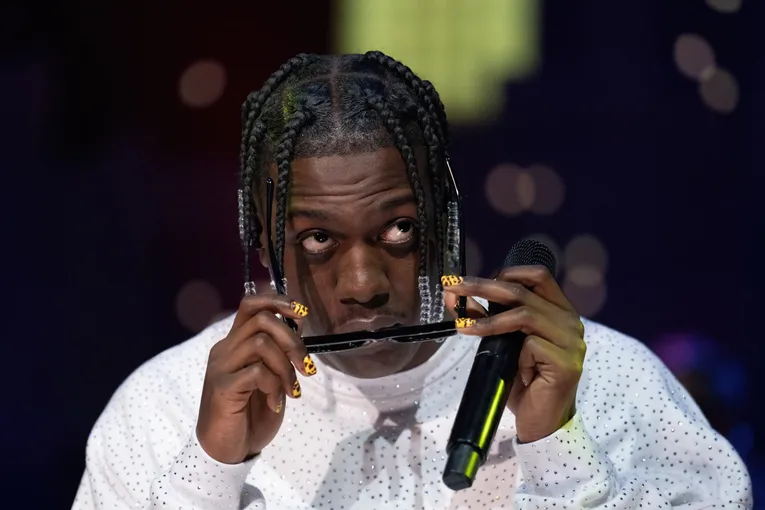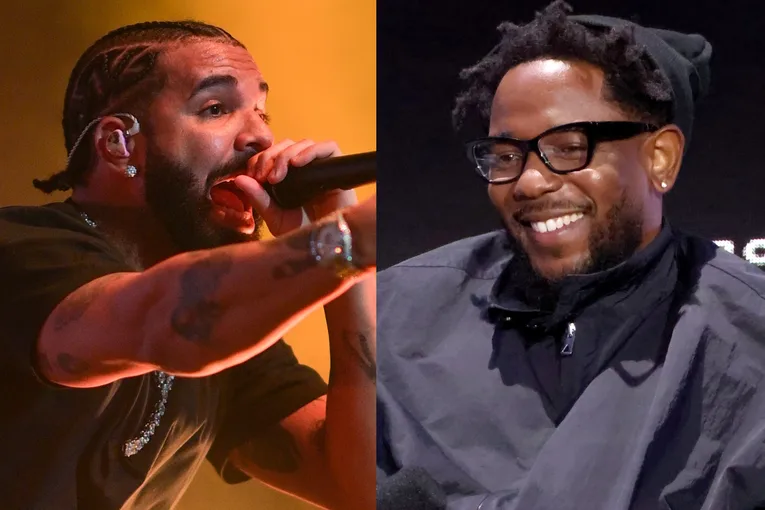Brothers Montae and Trézy Martin, the Zulus, say “This Is Not a Drill,” their new rap album, is really not a drill. Their statement of intent reaches back into rap evolution, beyond production style and sound.
They intend to have fun, and they intend their album to be fun, because they are 20 and 18, respectively, and that’s what they do, so that’s what they want to rap about right now.
But they are serious about their music, about how they think about and make it, and what they want from it, for themselves and for their hometown of Denver.
“Of course, we're going for a more pop, mainstream kind of thing,” said Montae. “But again, we also have old school values on what we should be doing on the mic. You know what I'm saying? We don't value the music over the lyricism. We find it equal. Even if we're not talking about much, we're just talking about partying, or we're talking about, you know, females, we're still making it sound good.”
“And we still want to add, like, similes,” said Trézy, “and we want to put more components into our lyrics, flows, and stuff like that rather than just saying whatever, saying nonsense, and being able to stay on a beat.”
Apparently, however, one reviewer could not comprehend this purpose and downgraded them for not being serious enough, or real enough about life in the “hood.”
“So, should I talk about deep things that I'm not going through every day? Or should I talk about things that I'm actually doing that's not deep enough for you? The problem with that review was it was based on what she wanted to hear, not just hearing it for what it is and judging it off based off what it is. And what it is, is a party pick mainstream pop-rap album.”
That goes for the sound, too.
“For this album, we wanted our sound to just be strictly upbeat, more party vibe,” said Trézy. “We didn’t want anything deep. That is our sound for right now.”
Trézy said that Montae, the producer for the brothers, “likes to create his own style of beats, and we want to make our own type of feel to the music.”
“It's really just the combination between not only the beats, but the lyrics, the adlibs, everything put together,” he said. “We just want to have our own little party mainstream vibe that anybody could listen to.”
The point is not that they haven’t lived the Black experience. They have lived through the police harassment, being accused of theft, being stopped and questioned and arrested because “we fit a description,” which mainly means being Black.
“I live that reality every day,” said Montae. “The last thing I want to do is live that reality, and then go and listen to music about that same thing. Like, Jesus Christ, can I get an escape from this reality?”
“And that's what ‘This Is Not a Drill’ is,” he said. The album was planned and created as an escape from reality, a dive into the life of fun, clubbing, and music as lived by two young brothers.
They have rapped about the hardness of life, in the manner of old-school drill rap, which, before it became more of a production style than a rap style, talked about gangster life, crime, and the daily oppression of Black people. They may again produce music that tells those stories, but not yet.
“Don't get us wrong,” said Montae. “We have two albums previous to this. The first album we ever created, Attack of the Zulu, we have songs on there where we get deep.”
“If you want to listen to that type of thing from us,” said Trézy, “listen to ‘America,’ listen to ‘What Up My Nigga,’ and then listen to ‘Run Wit Tha Mob.’”
They want, of course, to make it big, but admit that coming out of Denver as rappers and making it big “would be a miracle.” That miracle, however, is something they want for Denver as well as for themselves.
“I feel like we are the first artists in the state that ever mustered up enough buzz by the time that we did, to where we could have the potential to blow up and become the first mainstream rappers from Denver,” said Montae. “And that's what I want.”
That would be a gift for the town, too. In a town with no “connects” to the big time like there is in Los Angeles, New York, or Atlanta, the Zulus could be those connects.
Trézy makes a connect to the Denver club scene.
Trézy said, “I want people to be like, ‘Okay, I heard Zulus talking about Vinyl, I want to go to Vinyl,’ or this other club, The Church, or the Purple Martini. I want those people to think, ’These are the places that the Zulus are talking about. I want to go there.’”
Follow the Zulus on their journey from Denver to the mainstream rap world by staying connected on all platforms for new music, videos, and social posts.
Album, This Is Not a Drill: https://distrokid.com/hyperfollow/zulus/this-is-not-a-drill-4
Website: https://www.zulusmusic.com/
Amazon Music: https://www.amazon.com/gp/product/B09WF4D5TZ
Apple Music: https://music.apple.com/us/album/this-is-not-a-drill/1615988506
Spotify: https://open.spotify.com/album/7r0gOCAiDisGIUdLV1R1Sg?referral=labelaffiliate&utm_source=1011lvTLA5go&utm_medium=Indie_Distrokid&utm_campaign=labelaffiliate
YouTube: https://www.youtube.com/watch?v=r3rCCbwsAwo&list=OLAK5uy_l8QXTfqgl7hGwOYNuPfzfZVXPJkVl8_dQ
Facebook: https://www.facebook.com/ZulusOfficial
Instagram: https://instagram.com/zulus_official?igshid=YmMyMTA2M2Y=

.jpg?w=94&crop=1:1)





